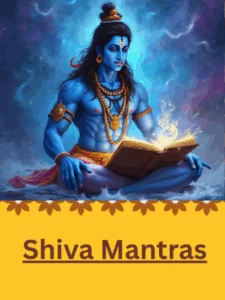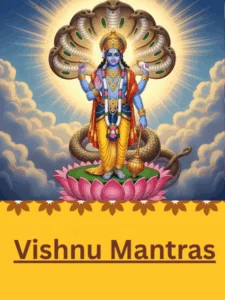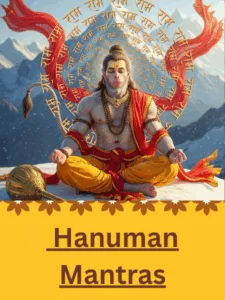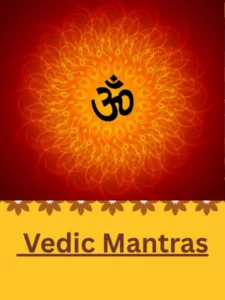Understanding Hinduism: Nature, Followers & The 10 Most Influential Hindu Religious Texts
Hinduism, traditionally known as Sanātana Dharma (सनातन धर्म) or “The Eternal Way,” is not just a religion—it is a way of life that harmonizes philosophy, science, ritual, and personal experience. Recognized as one of the world’s oldest living traditions, Hinduism offers profound insights into the human condition, the cosmos, and the divine. It encompasses diverse spiritual paths and does not enforce a singular doctrine, allowing each seeker to explore truth in their own way.
“Ekam sat vipra bahudha vadanti”
“Truth is One, the wise call it by many names.” – Rig Veda 1.164.46
The Nature of Hinduism
Hinduism believes in the infinite consciousness that pervades all existence, and Atman, the divine soul within every being. It promotes self-realization through various paths—bhakti (devotion), jnana (knowledge), karma (action), and raja (meditation/yoga)—offering something for every type of spiritual seeker.
Its teachings emphasize living with dharma (moral duty), accruing good karma, and ultimately attaining moksha (liberation from the cycle of rebirth).
Who are the Followers of Hinduism?
Hinduism has over 1.2 billion followers worldwide, with the majority residing in India and Nepal. Hindus worship in various ways—through rituals, festivals, meditation, temple worship, and personal prayer. Some focus on Shiva, others on Vishnu, Shakti, or the formless Absolute. Despite differences in practice, the central belief remains: all paths lead to the same Truth.
The 10 Most Influential Books on Hinduism
These sacred and philosophical texts are essential for understanding the heart and soul of Hinduism.
1. Bhagavad Gita
A spiritual dialogue between Prince Arjuna and Lord Krishna. It addresses dharma (duty), yoga, and spiritual liberation.
Quote: “You have a right to perform your duties, but not to the fruits thereof.” – Gita 2.47
2. The Vedas (Rig, Sama, Yajur, Atharva)
The most ancient scriptures, comprising hymns, mantras, and rituals for invoking divine energies and cosmic order.
Quote: “Let noble thoughts come to us from every side.” – Rig Veda 1.89.1
3. The Upanishads
Philosophical discourses exploring the nature of the self and the ultimate reality (Brahman).
Quote: “Tat Tvam Asi” (Thou art That) – Chandogya Upanishad
4. Ramayana – By Valmiki
An epic tale of Lord Rama’s journey and his ideals of duty, righteousness, and devotion. Symbol of the ideal man and society.
5. Mahabharata – By Vyasa
The longest epic in the world that discusses politics, dharma, family, war, and devotion. The Bhagavad Gita is a part of this text.
6. The Puranas
Story-based texts like Vishnu Purana, Shiva Purana, and Devi Bhagavata Purana that narrate mythologies and spiritual teachings in a relatable form.
7. Yoga Sutras of Patanjali
A guide to mental discipline and meditation for spiritual growth. A foundational text for yoga philosophy.
Quote: “Yoga is the stilling of the fluctuations of the mind.” – Sutra 1.2
8. Bhagavata Purana (Srimad Bhagavatam)
A devotional masterpiece focused on Lord Krishna, full of divine love, stories, and philosophical insights.
9. Manusmriti
An early text on societal structure, laws, and duties in ancient India. It reflects early Hindu legal and ethical thought.
10. Tantra Texts
Esoteric scriptures like the Kularnava Tantra and Rudra Yamala Tantra explore inner energy systems, mantras, and sacred rituals—offering mystical pathways to liberation.
Final Reflections
Hinduism remains a radiant torch of spiritual wisdom, inviting each soul to find its own rhythm, its own voice in the symphony of the universe. These texts are not merely historical scriptures—they are living, breathing guides to self-realization, inner peace, and cosmic understanding.
Whether you’re a seeker, a student, or a curious reader, the journey through these books will deepen your connection with the timeless spiritual truth of Sanātana Dharma.
Disclaimer:
This article is meant for educational and informational purposes only. Scriptural interpretations may vary across lineages and teachers. For in-depth understanding, it is recommended to study these texts under the guidance of a qualified guru or scholar.




